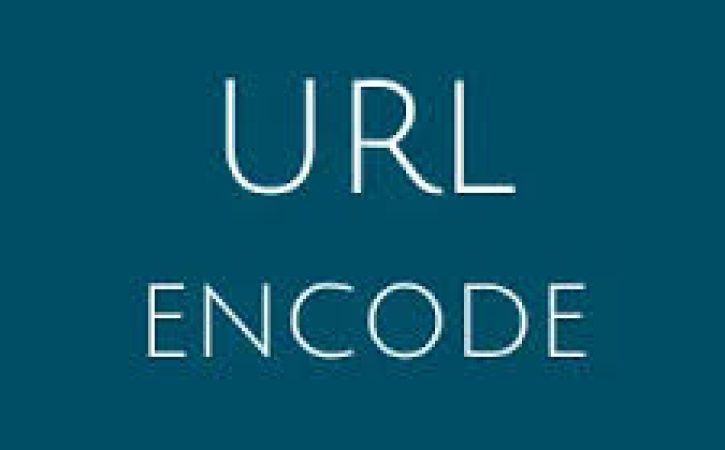
How Does An Online URL Encoder Work?
In the digital age, URLs (Uniform Resource Locators) play a crucial role in navigating the vast landscape of the internet. However, URLs can contain special characters that are reserved for specific purposes, such as separating different components of a URL or representing non-alphanumeric characters. To ensure proper transmission and interpretation of URLs, developers use URL encoding techniques. In this article, we will explore how an online URL encoder works and its significance in web development.
Understanding Url Encoding:
Before delving into the functioning of an online URL encoder, it is essential to grasp the concept of URL encoding. URL encoding is a process of converting special characters into a standardized format that can be safely transmitted and interpreted by web browsers and servers. It involves replacing non-alphanumeric characters with a ‘%’ sign followed by their hexadecimal representation. For example, a space character is encoded as ‘%20’, and a question mark is encoded as ‘%3F’.
Purpose Of Url Encoding:
URL encoding serves two primary purposes. Firstly, it ensures that URLs are transmitted correctly across various systems, regardless of their underlying character encoding. Secondly, it allows for the inclusion of special characters that are reserved for specific purposes in URLs, such as query parameters or path components, without conflicting with the structure of the URL itself.
How An Online Url Encoder Works:
An online URL encoder is a web-based tool that automates the process of URL encoding. It provides a user-friendly interface where users can input their desired URL or a specific portion of it that needs encoding. The online encoder then processes the input and applies the URL encoding algorithm to replace reserved characters with their respective encoded representations.
Free Online Url Encoder:
Several online platforms offer free URL encoding services to assist developers and users in encoding their URLs conveniently. These tools typically provide a simple and intuitive interface, allowing users to input their URLs or text containing reserved characters. Upon submission, the tool performs the necessary URL encoding and generates the encoded URL as output.
Advantages And Applications:
The availability of free online URL encoder offers several advantages to developers and users. Firstly, it saves time and effort by automating the URL encoding process. Instead of manually encoding each reserved character, users can rely on these tools for quick and accurate encoding. Secondly, online URL encoders ensure the compatibility of URLs across different systems and platforms, promoting seamless web navigation and data transmission.
Conclusion:
URL encoding is a critical aspect of web development that ensures the correct interpretation and transmission of URLs. Online URL encoders simplify this process by automating the encoding algorithm, allowing users to quickly and accurately encode their URLs. These tools are invaluable resources for developers and users who seek to ensure compatibility and seamless transmission of URLs in the ever-expanding digital realm.
- SHARES






